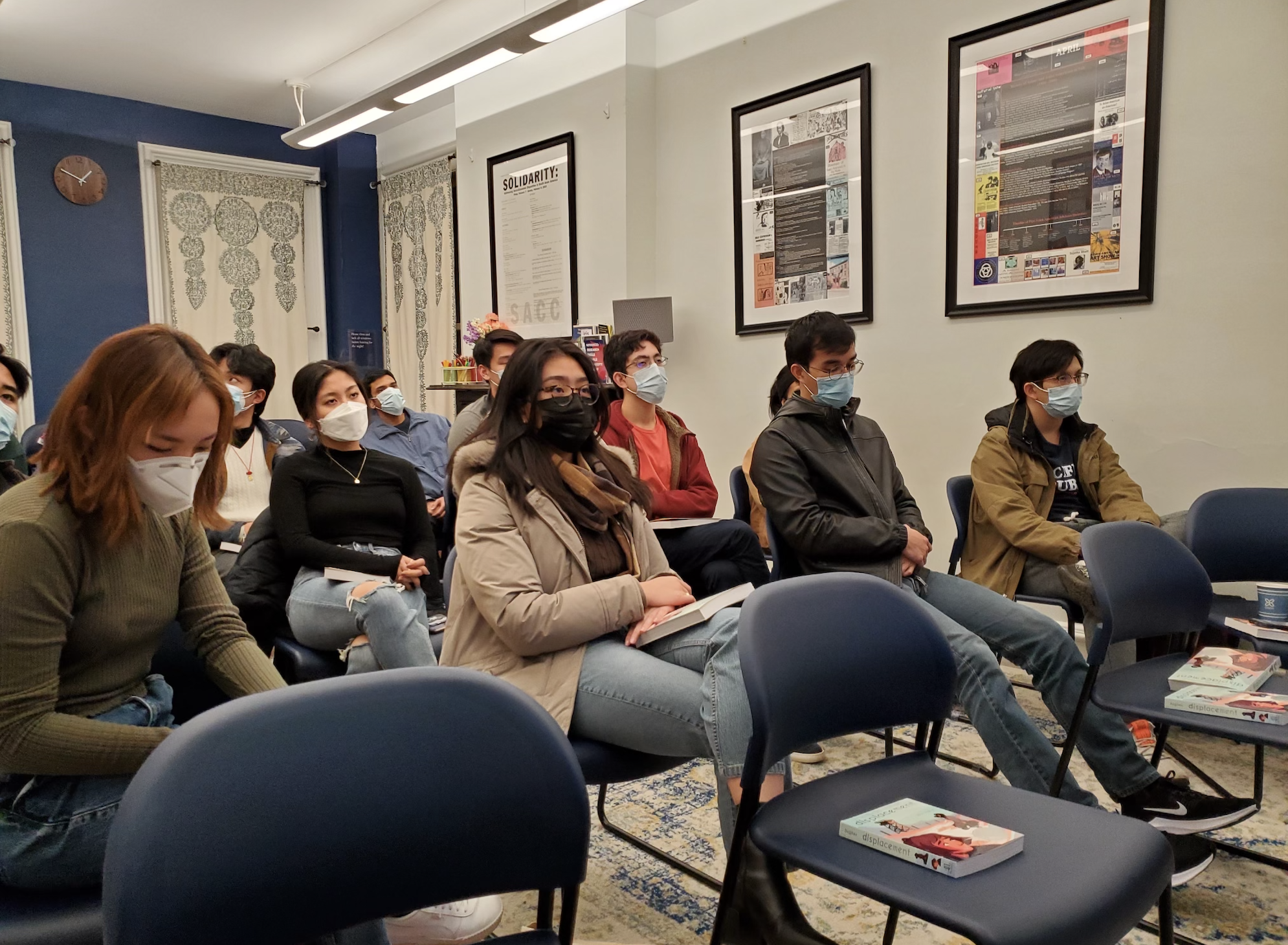Japanese American Students Union commemorates 80th anniversary of Japanese internment camps in the US
In conjunction with the AACC, the Japanese American Students Union hosted a discussion with Japanese American author and illustrator Kiku Hughes to commemorate the anniversary of the establishment of Japanese internment camps in the United States.

Courtesy of Dean Joliana Yee
A day before the 80th anniversary of the establishment of Japanese internment camps in the United States, the Japanese American Students Union at Yale, along with the Asian American Cultural Center, hosted a guest speaker event to reflect on the three year period of internment.
On Feb. 19, 1942, President Franklin D. Roosevelt signed into law Executive Order 9066, which authorized the military to displace and imprison Japanese Americans, the majority of whom were U.S. citizens, in internment camps. To commemorate the 80th anniversary, the Japanese American Students Union held an event with Japanese American graphic novelist Kiku Hughes, who authored the graphic novel “Displacement”, which discusses Japanese American identity as well as the legacy of internment.
“[This event] isn’t just for Japanese Americans to remember people they have lost, but for us as Asian Americans and even just people of color or even white people to just really remember that this has happened before,” said Joliana Yee, director of the Asian American Cultural Center. “If we’re not careful, it can very easily happen again.”
During the event, Hughes spoke about her graphic novel as well as her experiences growing up as a Japanese American and how that has influenced how she views her cultural identity today.
“Displacement” is centered around Hughes’ own life. The main character, Kiku, finds herself transported from the present-day to the 1940s in a Japanese American internment camp, Topaz. Topaz is the same camp that Kiku’s grandmother in the novel and Hughes’ grandmother in real life were forced to go to.
During the event, Hughes explained that time travel was used in the novel to showcase the intergenerational effects of trauma. She also spoke about being half-white and how that affected her identity growing up.
“There’s not one type of Japanese American,” said Dean Centa ’24, co-president of the Japanese American Students Union. “I think we wanted to use Japanese American history and tie it to all the present-day issues.”
Centa said some of these present-day issues include fear-mongering and race-baiting.
Erin Nishi ’25, community and media chair of the Union, said that the event was extremely emotional for her.
“All these things were racing through my mind — being thrust into a new place away from home, being away from my family, remembering my family’s history in internment camps, and wondering if other people in the room understood that history at all,” Nishi said. “I could barely calm myself down throughout the whole event.”
She said that she has found “community” and “family” within the Japanese American Students Union, as she feels like she belongs and the members are always there to support her. The event was highly personal to Nishi, as her great-grandparents lost their only son due to the living conditions of the Santa Anita racetrack, one of the internment camps.
Yee concluded the event by discussing the Satoda Scholars Program. This program awards a $500 research grant for an original research project relating to Japanese American incarceration history and was created in 2017 by Yonekazu Satoda, who was interned in one of the camps. Satoda passed away in 2017, but his legacy carries on with this program.
Around 1,862 Japanese Americans are recorded to have died in internment camps.







